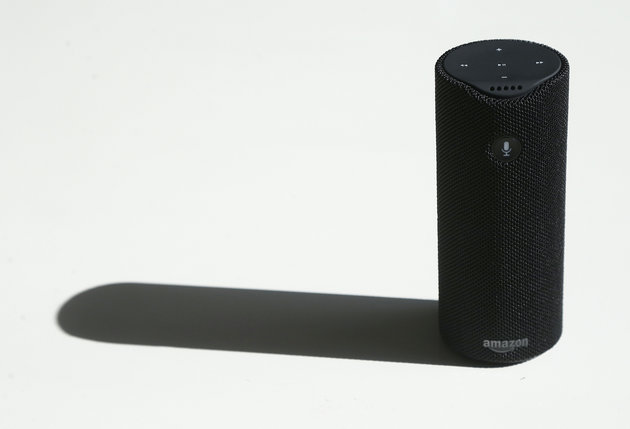The artificially intelligent helper, which lives in devices like Amazon’s Echo and Tap speakers, could soon “recognize the emotional tenor of your voice” and tweak its behavior accordingly” — meaning, for example, that the device could know when you’re ticked off and adapt its own tone accordingly.
That’s a pretty big deal for one reason: Humans have had to adapt to the needs of computers since they were first invented.
To use a desktop computer, you had to learn how to navigate an on-screen cursor with a mouse, double-click icons to launch programs and type commands with a keyboard. Even smartphones — a streamlined evolution of personal computers — aren’t exactly intuitive devices. We “get” them because we’ve used computers for so long, but there’s nothing natural about tapping app icons or using your fingers to enter a web address on a mobile browser.
But computers and software that respond to voice commands flip the equation. Rather than requiring you to figure them out, the opposite is true: They need to understand your natural way of communicating and deliver results accordingly. Software that can read your emotions will be able to do that even more efficiently.
Some of the most significant thinkers in technology — like IBM’s Rob High — are working on leveraging artificial intelligence to make this transformation happen. New products that work in this milieu are coming from the likes of Google and ASUS. And even products that don’t use voice are becoming more able to recognize natural language from people — Facebook’s “Messenger” app already has bots that can respond to your typed instructions.
The net result is that you might soon be able to avoid frustrating tech support conversations like this:
The arcane steps required by the personal computers of today will no doubt be distant history by the time our kids are entering the workforce.
That’s pretty cool.
Of course, some caution that it’s not all roses and sunshine in the land of emotionally sensitive bots. One expert recently told The Huffington Post that he expects we’ll end up talking to artificially intelligent advertisements and that all of this could have an effect on how we talk to other people.
“You have to understand, these are essentially alien creatures,” Carnegie Mellon’s Illah Nourbakhsh told HuffPost. “When you talk to Echo you’re not talking to a human being — you’re talking to a tentacle on a massive octopus that pervades knowledge.”
More about:
















































